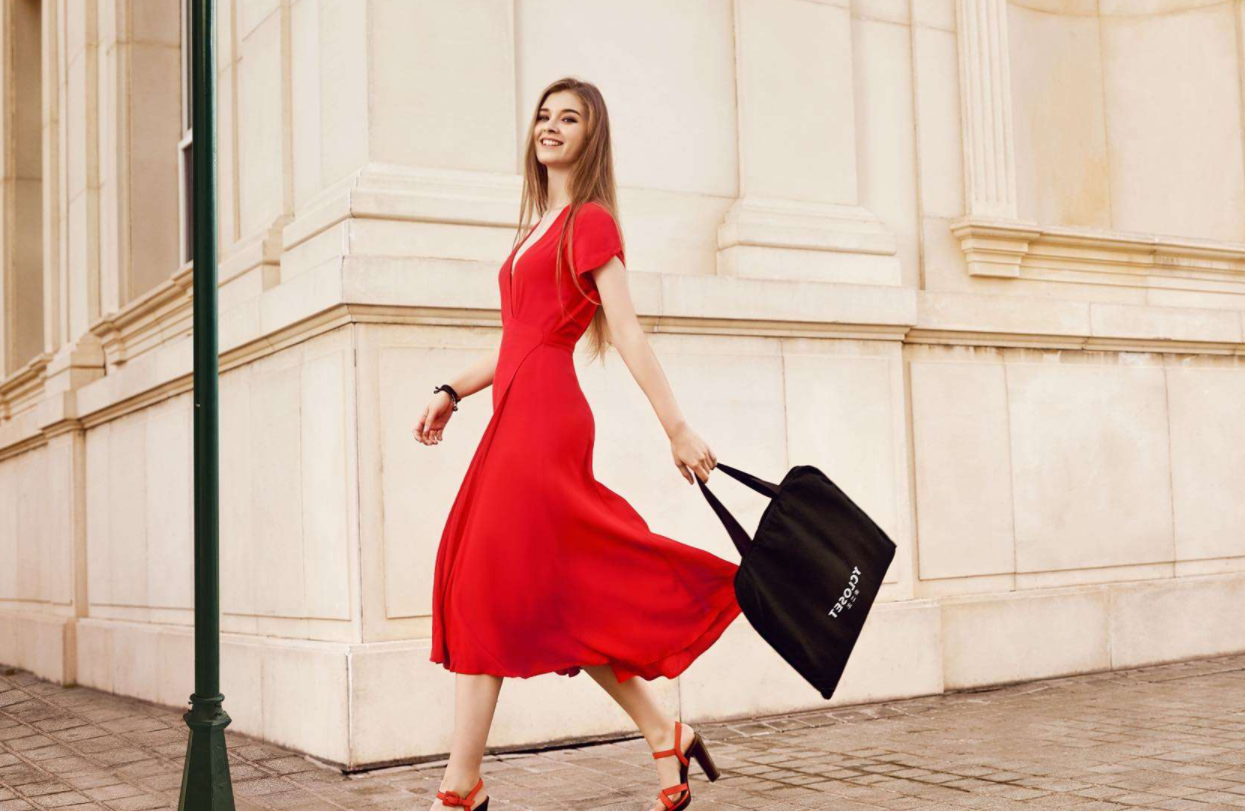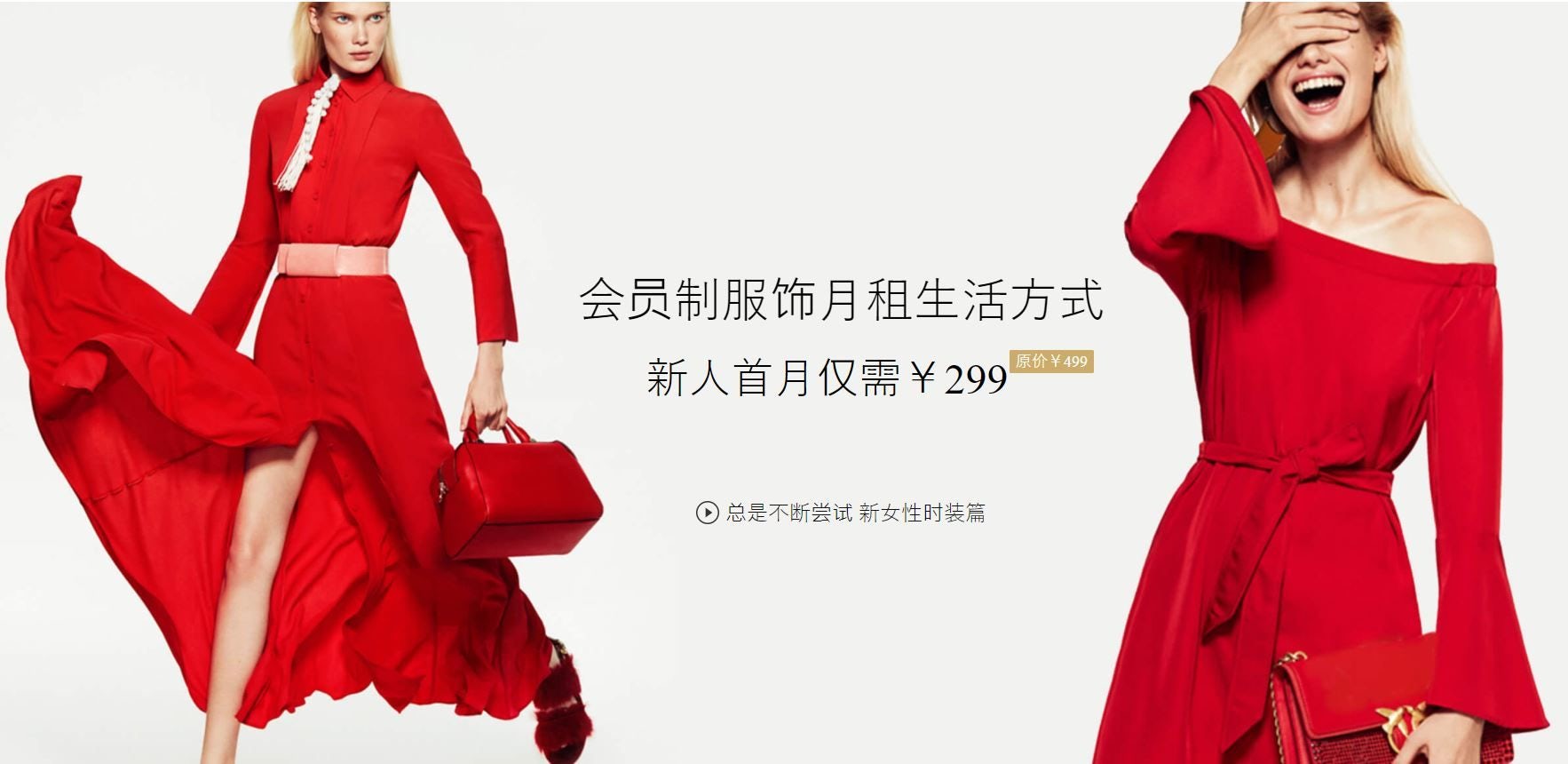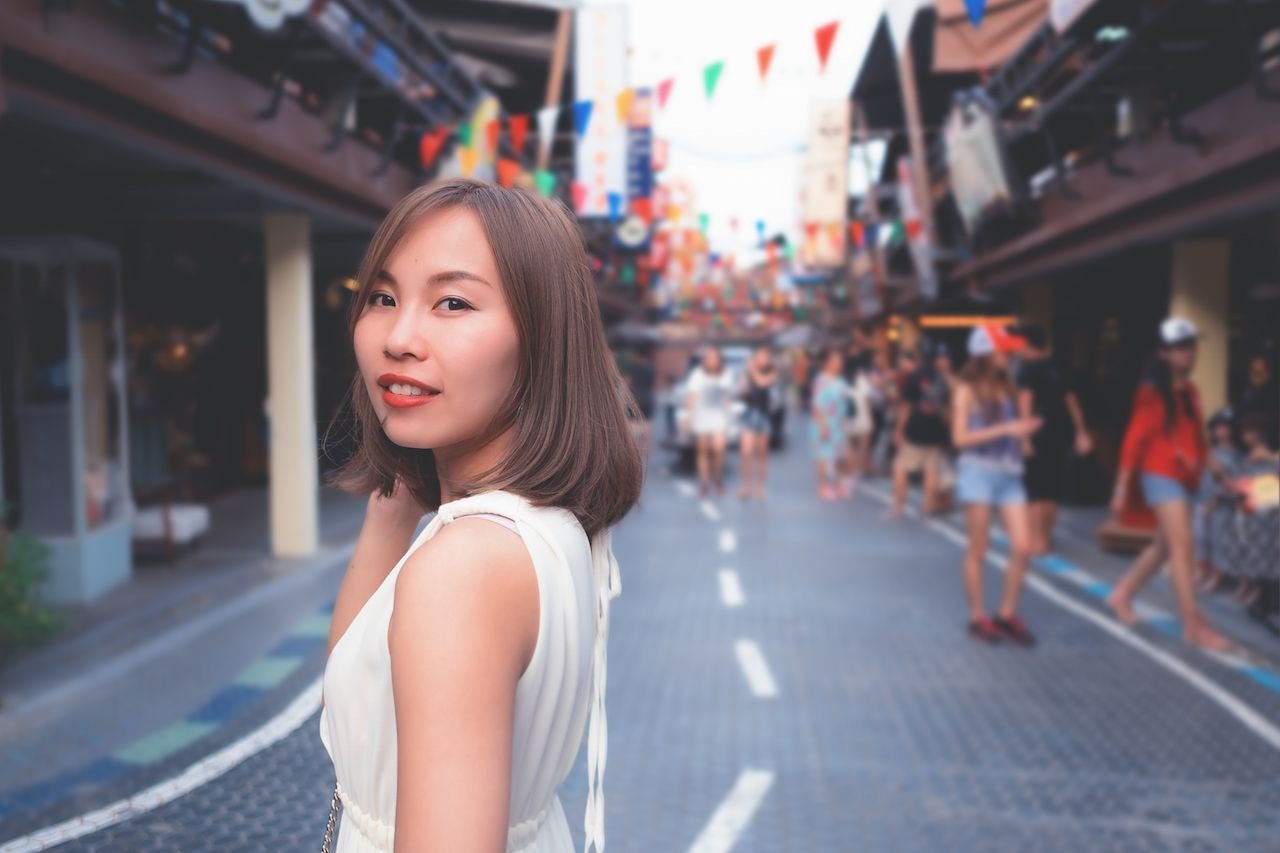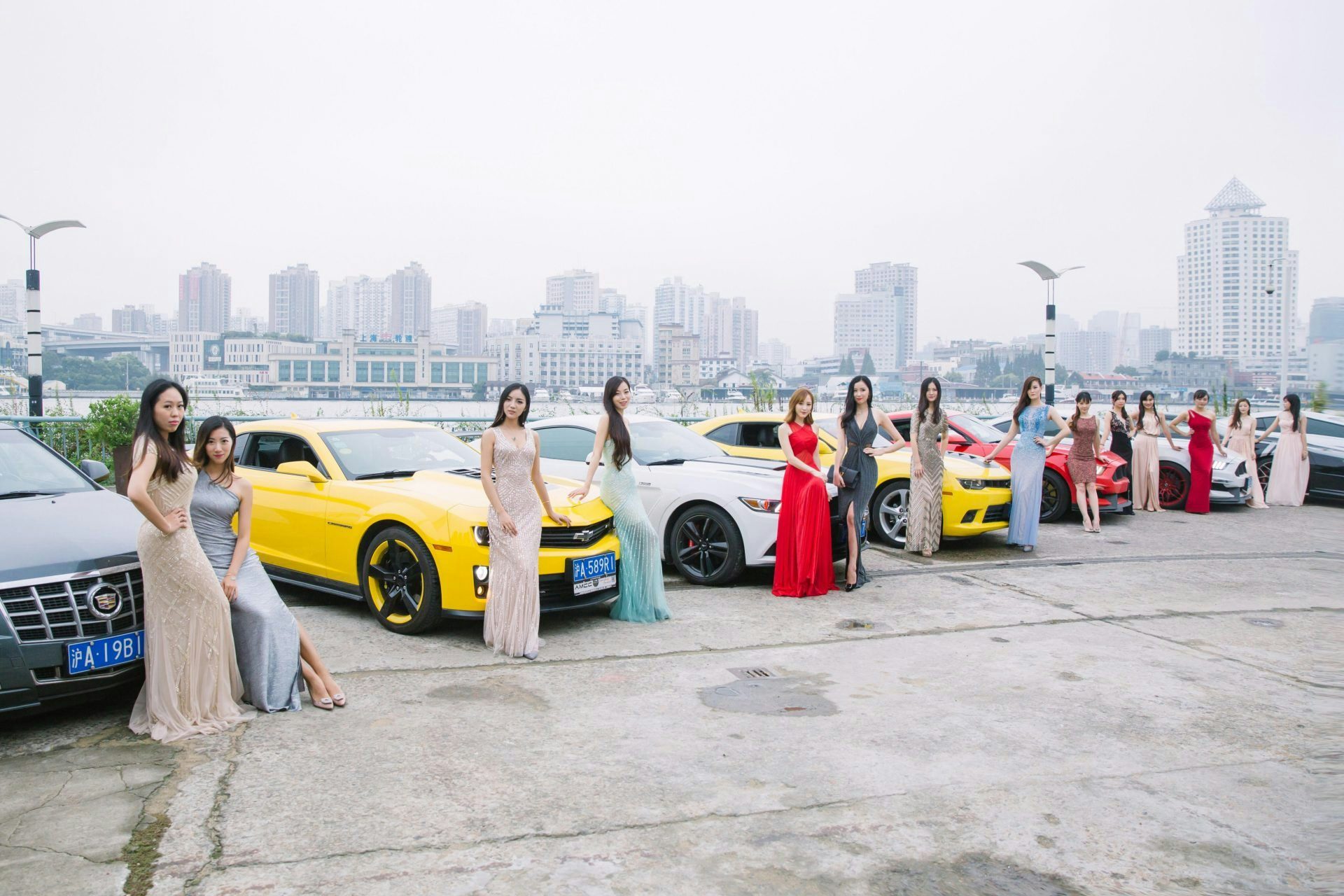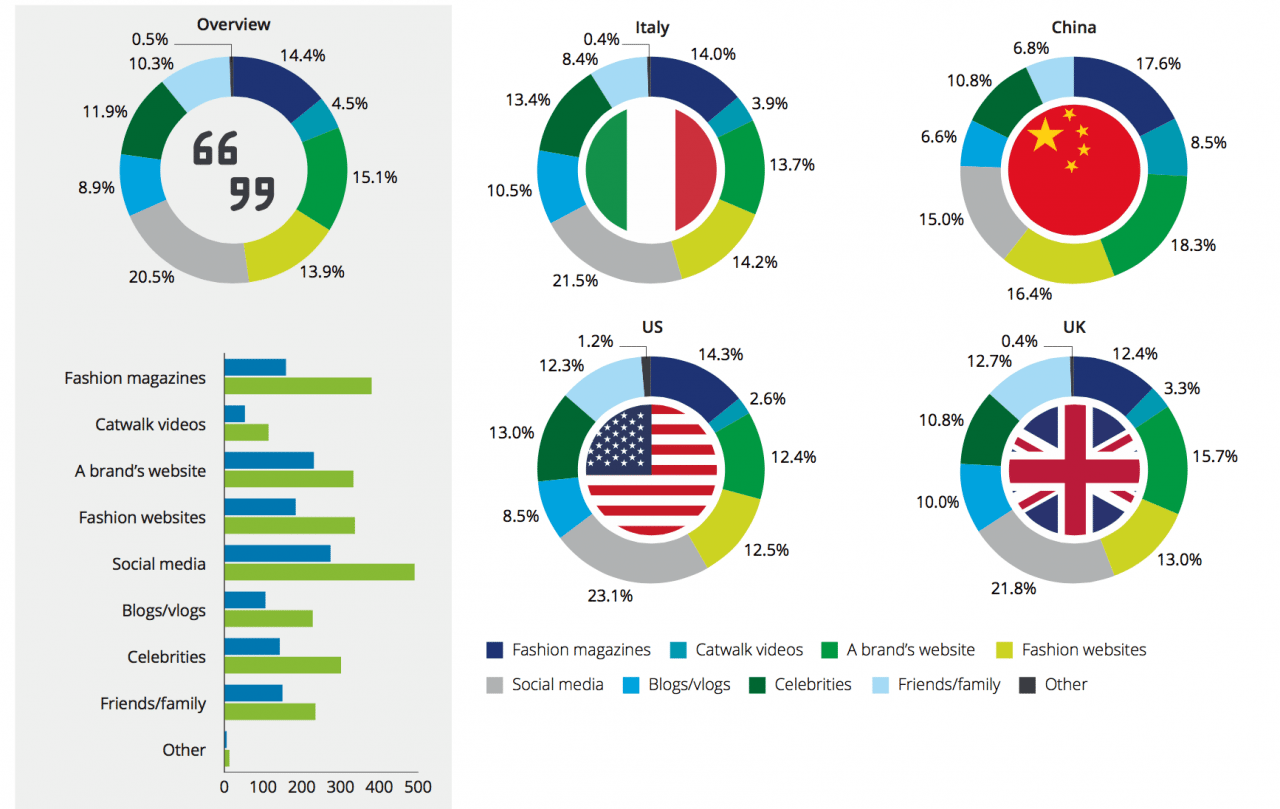From bikes to taxis, accommodations to umbrellas, and basketballs to gym pods, China’s sharing craze continues to grow and has brought in billions of dollars of venture capital funding despite concerns from Western observers about the market being oversaturated. Yet, now, Chinese consumers have one more thing they can rent and share: luxury goods.
What Does It Mean to the Luxury Industry?#
There is little doubt that Chinese consumers love luxury goods. Reports show that as many as 7.6 million families made purchases of luxury items in 2016 and that Chinese consumers contributed to nearly half of global luxury goods sales. Chinese consumers continue to be the “main force” in the luxury market.
At the same time, Chinese consumers are becoming increasingly rational in making luxury purchases. The trade-off between the obsession with luxury consumption and the growing justification for purchasing luxury goods, thus, serves as one of the propelling forces for the rise of the luxury goods rental business, whose main target is millennials and younger Chinese consumers.
“It is unrealistic to persuade fresh graduates to buy a luxury bag that costs thousands of dollars, but they can now spend one-tenth of the cost to try one for a month or two. Such a business model is very tempting to young people who love handbags.” remarked a Chinese Weibo user.
Under a Weibo discussion thread that asks, “Would you join the party when the sharing business of luxury bags arrives?” a Chinese Internet user wrote, “I definitely believe that some will be willing to try. No doubt that luxury handbags can be of use in some social venues. The rental service can fulfill these needs and provide different options to match consumers’ fashion taste depending on the occasions.”
Because luxury and fashion trends are constantly evolving, it no longer seems to be widely-accepted or status-elevating to make a significant investment on a luxury item only to use it a few times.
Who are the Major Players?#
Dou Bao Bao#
Dou Bao Bao is a Beijing-based startup company that provides a high-end designer handbag renting service to average Chinese consumers.
The company is said to have received more than 10 million yuan (USD1,470,560) in funding from Chinese domestic investors in June 2017.
With a fixed refundable deposit that varies according to the value of the bag, consumers can rent luxury bags from top-tier brands including Louis Vuitton, Prada, Chanel, Christian Dior, Hermès and Celine. Contrary to the high deposit fee, the cost of rentals can be as little as 99 yuan (USD 15) a month.
Dou Bao Bao launched its platform on WeChat, and also released an official app. Consumers can pick and choose their preferred handbags on both platforms. Even though it was intended to be a soft launch, Dou Bao Bao’s business model was met with high interest from Chinese consumers, far exceeding the company's expectations.
“This is only a pilot period. But many clients have made their orders and 20 handbags have been rented out already,” said Kaiwen Cheng, Founder of Dou Baobao. Cheng also said he plans to expand the service to other Asian countries including Malaysia, Thailand, Vietnam and Korea.
Y-Closet#
Designer handbags are not the only luxury items that are up for rental in China. Y-Close is a Beijing-based startup that provides a high-end clothing rental service to Chinese consumers. Following the business model of Rent The Runway, a New York-based luxury fashion rental platform, Y-closet has completed Series C funding valued at 500 million USD.
For a monthly subscription fee of RMB 499 (USD73), consumers can choose three items of clothing per month and swap them out as many times as they wish. Delivery is included in the fee.
According to Liu Mengyuan, founder of Y-closet, the platform specializes in entry-level luxury brands including designer brands from Australian fashion Labels.
Ms. Paris#
Ms. Paris is yet another designer clothing rental platform headquartered in Shanghai. By the end of 2016, Ms. Paris had closed its 1.8 million USD Series A financing round.
Launched in 2015, Ms. Paris now has four physical stores in China’s top tier cities including Shanghai, Beijing and Guangzhou, where consumers can try on their clothing. In addition to the monthly membership model that starts at RMB 258 (USD39), consumers can also rent a designer dress by the day.
According to Ms. Paris’s official website, consumers can select clothing from various luxury brands including Vera Wang, Max Mara, DKNY Moschino, Tory Burch, Michael Kors, Ted Baker and more.
What Does the Future Look Like for Them?#
Dan Nova, a partner at Highland Capital Partners who invested in Rent the Runway and ThredUp, an online fashion resale shop in the West, is very confident in this new fashion trading model. “In the age of Facebook, people don’t want to be photographed more than once or twice in the same dress."
As millennials are now becoming the dominant consumer force, they are challenging the conventional retail market and overall perception of luxury goods. This group of consumers, or the “Nowners” as Jamie Gutfreund, chief marketing officer for digital agency Deep Focus, calls them, focus less on owning luxury goods and more on sharing.
In an interview with BBC, a young Chinese resident in Beijing said she is a huge fan of China’s sharing economy. “People like these shared ideas. We hope to see more shared things, they are nice surprises. We all hope the sharing schemes can develop well.”
It is still too early to tell if the sharing economy model can be successfully applied to luxury industries. After all, Meikka, the predecessor of Dou Baobao and the first to try pushing the luxury handbag rental business in China, was shut down only a few months after its launch in 2013.
Kaiwen Cheng, Founder of Dou Bao Bao, said that “he does not yet have a timetable for when the platform will turn a profit.” Like the bike-sharing companies in China, Dou Bao Bao’s bag-sharing business might only be able to maintain a profit from the commission it charges for every rental.
Nevertheless, the rise of these platforms can constitute a disruptive force to conventional luxury brands and retailers. It is a critical reminder that brands should always keep an eye out for new changes in younger consumers’ attitudes and behaviors.
